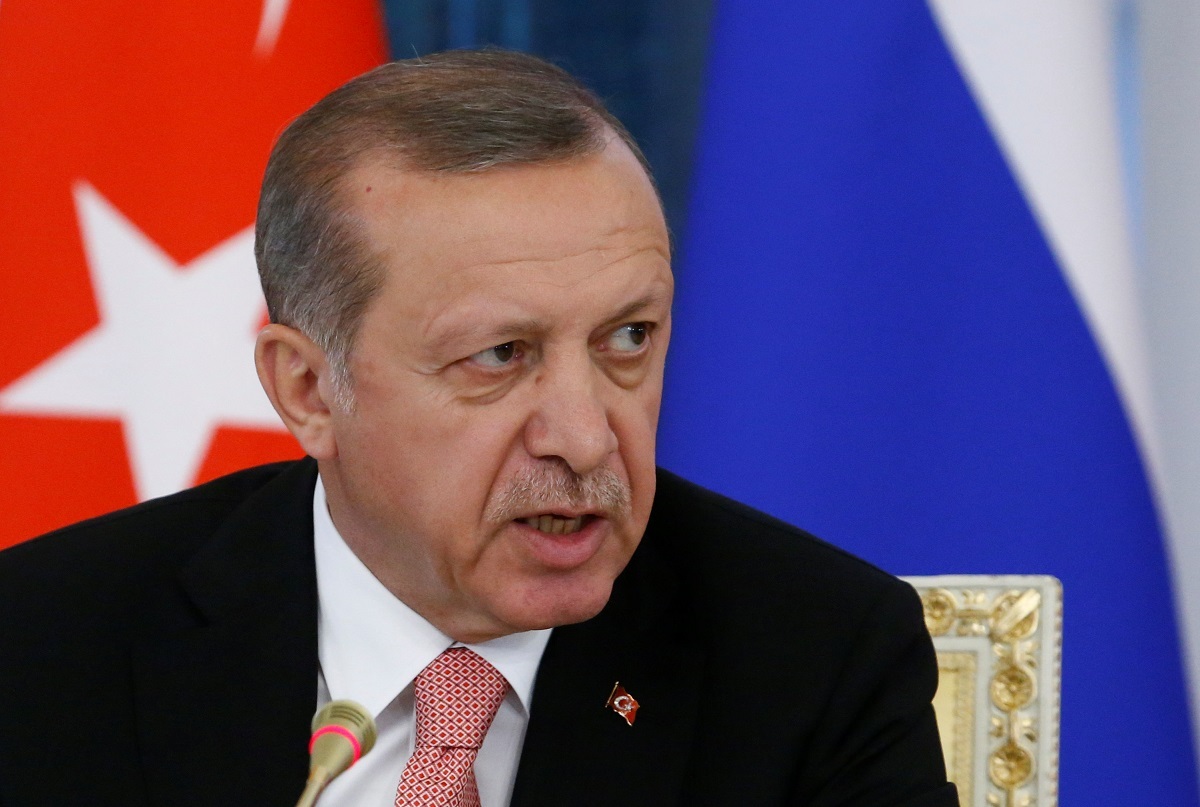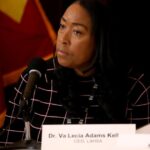You can share an article by clicking on the share icons at the top right of it.
The total or partial reproduction of an article, without the prior written authorization of Le Monde, is strictly forbidden.
For more information, see our Terms and Conditions.
For all authorization requests,
he week had started well for Recep Tayyip Erdogan. On May 12, after 41 years of conflict and several rounds of negotiations initiated by his government, the Kurdistan Workers’ Party (PKK) – classified as a terrorist organization in Turkey – announced its dissolution from its base in the Qandil Mountains, northern Iraq. Meanwhile, Pakistan thanked Ankara for mediating in its crisis with India. And the following evening, US President Donald Trump, Syrian President Ahmad al-Sharaa, and Saudi Crown Prince Mohammed bin Salman gathered in Riyadh and felt compelled to call their mutual friend in Ankara.
Trump had just lifted American sanctions on Syria – a decision awaited both by the new strongman in Damascus and the Turkish government, given their geographical proximity, Turkey’s economic ambitions and Ankara’s desire to address the thorny issue of migration. There were even claims that, in addition to American business leaders, Erdogan himself had persuaded Trump to act. The pro-government Turkish press immediately published a photograph showing the three leaders, seated around a speakerphone, talking with the Ankara presidential palace. It was enough to boost the stature of the president, the “dünya lideri,” or “world leader,” as his supporters call him.
The Istanbul summit between Russian and Ukrainian delegations on Friday, May 16, was supposed to crown the Turkish president’s spectacular return to the international stage, a process begun a few years ago. But his “dear friend” Vladimir Putin did not share that vision. The conference, which had raised hopes for a turning point in the war in Ukraine, failed to deliver. Despite Turkey’s efforts, it was difficult to say that even a genuine negotiation had begun.
Sabah, the mass-circulation daily and principal mouthpiece for the ruling Islamist-conservative government, ran the headline, “Good news after peace talks: The world has followed Turkey’s lead,” yet the president was unable to bring the Russian and Ukrainian leaders together. It was Trump, who was also absent, who called the main players once he returned to Washington, without mentioning










